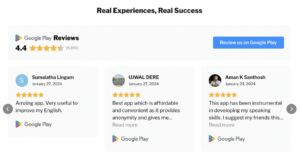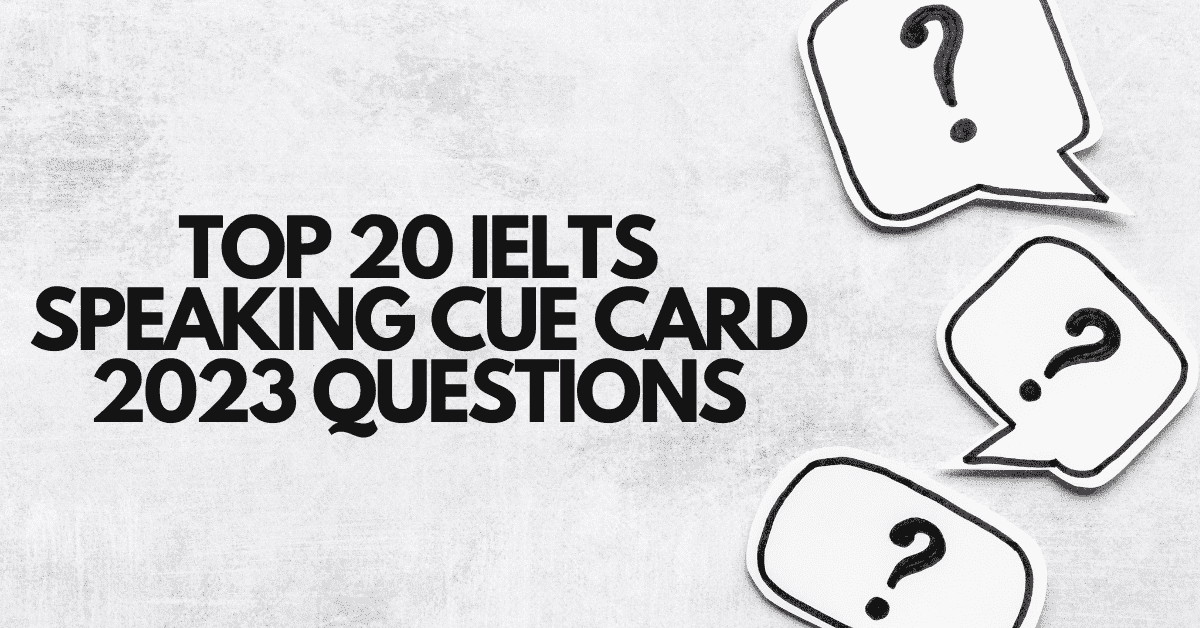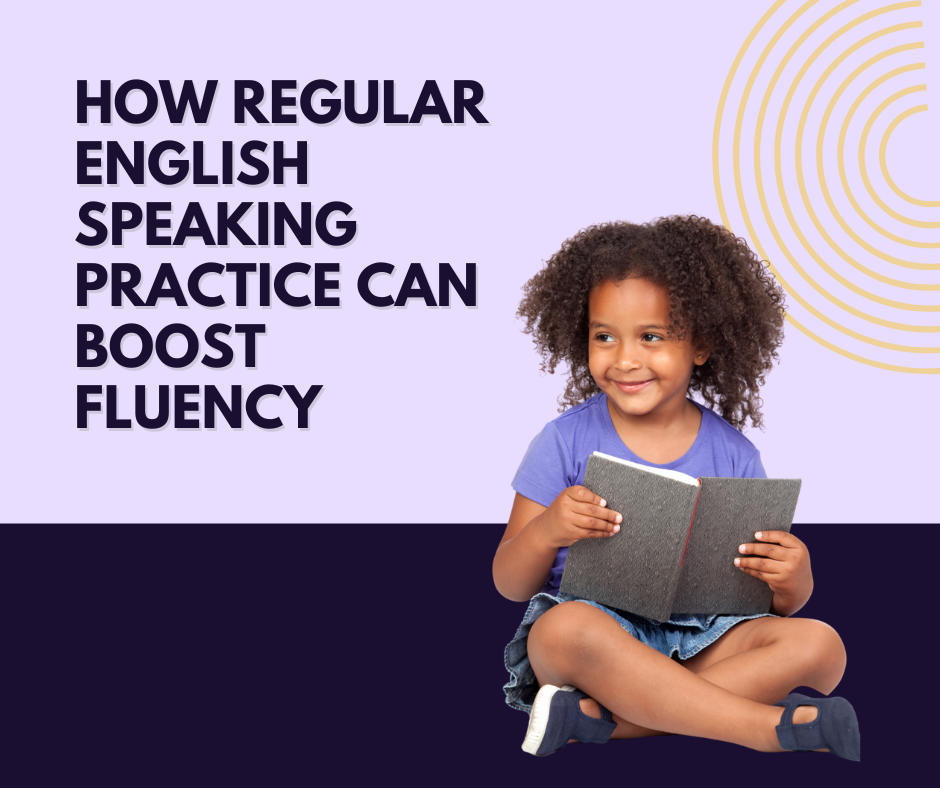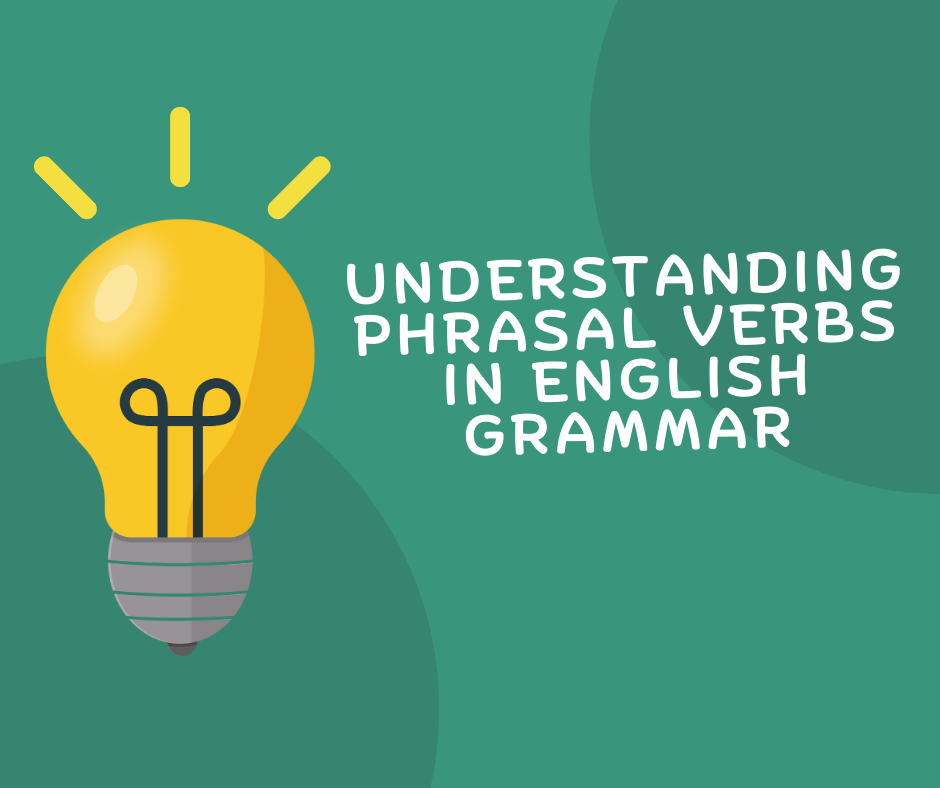In the modern corporate world, there is a silent barrier that many talented professionals hit. It isn’t a lack of technical skill or a poor work ethic. It’s the “Language Ceiling.” I hit that ceiling two years ago. I was the lead developer on my team, hitting every KPI, yet when a Senior Management role opened up, I wasn’t even shortlisted. The feedback? “We need someone who can lead global stakeholder meetings with high-level fluency,” which is why I started using the EngVarta App.
That was the turning point. I realized that my technical expertise was the engine, but my English communication was the fuel. Here is the exact roadmap of how I secured a job promotion by learning English using a specialized learning app.
How does a job promotion by learning English actually happen?
A job promotion by learning English happens by bridging the gap between technical execution and leadership communication. In our experience, fluency increases your “perceived authority” in meetings, allowing you to influence stakeholders, negotiate raises, and manage global teams effectively—qualities that decision-makers prioritize for high-level corporate roles.
When you improve English for career growth, you aren’t just learning grammar; you are learning the art of persuasion. In my case, once I could articulate my project’s value to the London office without stuttering, my visibility skyrocketed. I wasn’t just “the guy who codes” anymore; I was “the leader who communicates.”
Why are workplace English skills critical for career advancement in 2026?
In 2026, workplace English skills are the universal currency of the globalized economy. As companies shift toward AI-integrated workflows and cross-border collaboration, the ability to explain complex data clearly in English is essential for career advancement through English. It reduces friction in remote teams and builds trust with international clients.
We’ve found that the “Global English” standard has changed. It’s no longer about sounding like a native speaker; it’s about clarity, professional etiquette, and the ability to lead a Zoom call with confidence. If you want to learn English to boost your career and achieve Job Promotion by Learning English, you must focus on these high-leverage communication skills.
The ROI of Professional Fluency
| Feature | Basic English | Professional/Workplace English |
| Meeting Participation | Listening only; nodding. | Leading discussions; challenging ideas. |
| Email Impact | Simple requests; prone to typos. | Persuasive storytelling; clear CTAs. |
| Networking | Small talk about weather. | Discussing industry trends and ROI. |
| Promotion Potential | Low (Execution roles). | High (Leadership/Strategy roles). |
What are the best ways to improve English for career growth while working full-time?
The most effective way to improve English for career growth while working is through “Micro-Learning” and consistent speaking practice. Traditional classrooms often fail busy professionals. Instead, use an English learning app for professionals that offers on-demand practice, focusing on real-world scenarios like presentations, negotiations, and workplace conflict resolution.
In my journey, I tried the traditional route first. I signed up for a Saturday morning class. By the third week, I was too exhausted to go. That’s when I realized that to learn English for career growth, I needed a tool that fit my schedule, not the other way around.
How did using the EngVarta app lead to my professional breakthrough?
EngVarta provided a safe, “anonymous” environment to practice English speaking for job promotion without the fear of being judged by colleagues. By connecting with live experts who understand corporate nuances, I was able to simulate high-stakes meetings, refine my vocabulary, and receive instant feedback on my professional English learning.
I started using EngVarta for 15 minutes during my commute. The brilliance of the app is its focus on speaking. I didn’t need more grammar drills; I needed to get the words out of my head and into the air to work towards Job Promotion by Learning English.
Why EngVarta works for career improvement with English:
- On-Demand Practice: I could practice right before a big presentation to “warm up” my vocal cords.
- Expert Mentorship: The mentors aren’t just teachers; they act as professional sounding boards.
- No Judgment Zone: I could make mistakes in the app so I wouldn’t make them in the boardroom.
Real Learners. Real Progress
Rated 4.4★ on Google Play with 9,000+ reviews, EngVarta is helping learners build real confidence in spoken English through practical, everyday conversations—no pressure, no theory overload.
Why is EngVarta the best English learning app for professionals?
EngVarta is the premier English learning app for professionals because it offers 1-on-1 live practice with experts who focus on real-world business scenarios. Unlike AI-only apps, EngVarta provides the human nuance, emotional intelligence, and cultural context required for high-level English communication for promotion.
In my search to improve English for career growth, I tried every popular app on the market. Most felt like games—I was winning “lingots” and matching pictures of apples, but I was still sweating through my shirt during real-world meetings. Then I found EngVarta.
What makes EngVarta different is its laser focus on English speaking for job promotion. I didn’t just learn words; I practiced my actual promotion interview with my EngVarta experts. We role-played salary negotiations and difficult client confrontations.
The ROI of Professional Fluency: A Comparison
| Feature | Traditional Coaching/Classes | Generic Language Apps | EngVarta App (Professional Focus) |
| Primary Goal | Pass a test (IELTS/TOEFL) | Casual vocabulary/Hobbies | Workplace Fluency & Confidence |
| Learning Method | Textbook & Group lectures | Gamified AI prompts | 1-on-1 Live Expert Conversation |
| Time Efficiency | Low (3 hours/week) | Medium (10 mins/day) | High (15 mins/day – Goal Oriented) |
| Feedback Loop | Delayed (End of term) | Automated (Correct/Incorrect) | Immediate (Nuance & Tone correction) |
| Career Impact | Long-term/Theoretical | Minimal/Social | Rapid/Direct Career Advancement |
Download the EngVarta App on iOS & Android and start speaking English confidently today!”
Connect with EngVarta on Social Media:
- Instagram : https://www.instagram.com/engvarta.app/
- YouTube : http://www.youtube.com/@EngVarta
- Facebook : https://www.facebook.com/engvarta
- LinkedIn : https://www.linkedin.com/company/engvarta
What are the best tips to get a promotion at work using your new skills?
To get a promotion, you must leverage your workplace English skills by volunteering for international projects, presenting your results in English-led meetings, and networking with senior leaders. Consistently demonstrating your ability to bridge communication gaps makes you an indispensable asset to the organization.
Implementing tips to get a promotion at work requires a strategic blend of hard work and “loud” work. Here is the framework I used:

1. The “Meeting Ownership” Strategy
Don’t just attend the meeting; own a segment of it. I used my EngVarta sessions to practice a 2-minute update on my project. By delivering this in clear, concise English, I positioned myself as a subject matter expert. This is the essence of career improvement with English.
2. Transcribe Your Success (The Brag Sheet)
Maintain a document of your achievements in English. Use professional verbs: Spearheaded, Optimized, Orchestrated, and Delivered. When my year-end review came, I didn’t have to struggle to find the words; they were already part of my daily vocabulary, helping me work towards Job Promotion by Learning English.
3. Networking with Global Peers
I started using my English communication for promotion to invite international colleagues for “virtual coffees.” These informal chats are where the real “office politics” happen. Being able to small-talk comfortably in English is a massive competitive advantage.
How to use an English learning app for professionals effectively?
To maximize an English learning app for professionals, treat it like a gym membership. How to use EngVarta App. Schedule “speaking sprints” focused on your upcoming work week. If you have a presentation on Tuesday, spend your Monday app session practicing that specific script. This “Just-In-Time” learning is the fastest way to improve English to get a promotion.
I used to think I needed to be perfect before I spoke. I was wrong. You learn to speak by speaking. The app gave me the “reps” I needed. By the time my next performance review came around, I didn’t just tell my boss I was ready for a promotion—I showed him through my clear, confident communication, achieving Job Promotion by Learning English.
Conclusion
Getting a job promotion by learning English isn’t about mastering the entire language; it’s about mastering the conversations that happen in the office. Whether it’s a casual coffee chat with a VP or a formal board presentation, your ability to express your thoughts clearly determines your professional worth.
If you are tired of being the “quiet expert” in the corner, it is time to invest in your workplace English skills. Start practicing today. Download the EngVarta app, connect with an expert, and start building the version of yourself that earns the promotion you deserve.
In our experience, the transition from mid-level to senior-level is 20% technical skills and 80% communication. Don’t let a language barrier be the reason you stay stuck. Career advancement through English is a proven path—take the first step now.
Frequently Asked Questions (FAQs)
-
Is using an app enough, or should I combine it with other learning methods?
The EngVarta App alone is highly effective, though combining it with reading, videos, and real conversations can accelerate your English learning.
-
Can English apps help with public speaking and meetings?
Absolutely! EngVarta App helps you practice professional vocabulary, pronunciation, and conversation flow for presentations and meetings.
-
How do I practice “Just-In-Time” learning with an English app?
EngVarta App allows you to practice specific work-related scripts and meetings right before they happen, maximizing learning efficiency.
-
Which English learning app is best for career growth?
The EngVarta App is designed for professionals with real-life conversation practice and workplace English skills.
-
How can learning English with an app help me get a job promotion?
Using EngVarta App, you can practice spoken English, improve professional vocabulary, and build confidence, which helps you stand out for promotions.






